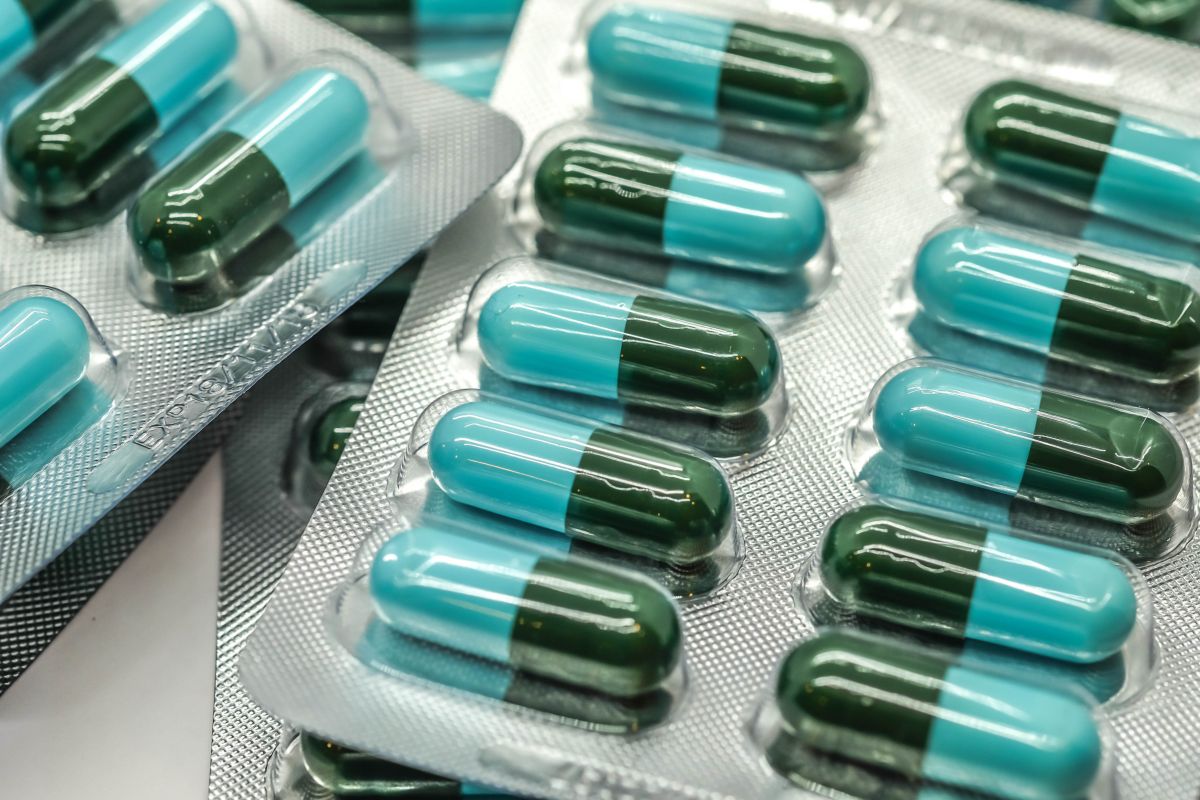Health
Antibiotic resistance: how to spot it and what to do

Resistance to antibiotics: causes, consequences and possible remedies to be able to try to solve the problem.
Are you concerned about antibiotic resistance? Maybe you should be. Every year , thousands of people are infected with antibiotic resistant bacteria and are at risk of losing their lives as a result. But what does it mean when we talk about antibiotic resistance? Simply the ability of bacteria to survive in the presence of an antibiotic.
Antibiotics are drugs used to kill or stop the growth of bacteria. When these become resistant, drugs don't work and fail to eradicate them. As a result, infections become more difficult to treat. Resistance can be intrinsic , when due to the very nature of a bacterial agent, or acquired , when the microorganism is able to resist a drug that previously caused its elimination. Let's find out together what to do when you find yourself having to face this type of problem.
Causes and symptoms of antibiotic resistance
Antibiotic resistance is a global public health emergency that requires urgent action. Bacteria become resistant to antibiotics when they are exposed to them frequently enough to survive and multiply. This can happen when hospitals and other health care settings overprescribe antibiotics or when people take this type of drug unnecessarily to fight viruses , microorganisms that cannot be treated with antibiotics.

There are many symptoms of antibiotic resistance, but the most common is the failure of drugs to treat infections they are supposed to be able to kill. This means that people can fall ill and die from infections that were once easily treated . Some consequences of this problem are longer hospital stays, increased medical costs and a reduced quality of life.
What to do in case of antibiotic resistance
Antibiotic resistance cannot be cured. The only remedy to try to heal, in this case, is to try some alternative cure . You may need to take a different antibiotic or a higher dose, or you may simply need to lengthen your treatment. Only in extreme cases may it be necessary to be treated in a hospital .
However, we can prevent the emergence of a type of resistance by taking antibiotics following medical prescriptions , never sharing them with other people, using them only when they are actually prescribed and not using the advanced ones we have at home when the first symptom arises.
The most common myths about antibacterial resistance
Over the years, real myths have arisen about this problem which, fortunately, have nothing real about them. For example, there are those who argue that all bacteria are becoming resistant to antibiotics, but this is not true. The majority of bacteria can still be defeated with treatments already known. Another myth concerns the cause of resistance. It is true that excessive use of antibiotics can contribute to the development of resistance, but it is not the only factor. In fact, bacteria can also evolve by natural selection.
Finally, there are those who think that to overcome this problem it would be enough not to use antibiotics anymore. But this cannot be a solution, since it is a natural process that occurs over time and can be slowed down by using the drugs at our disposal responsibly.
Riproduzione riservata © - WT











